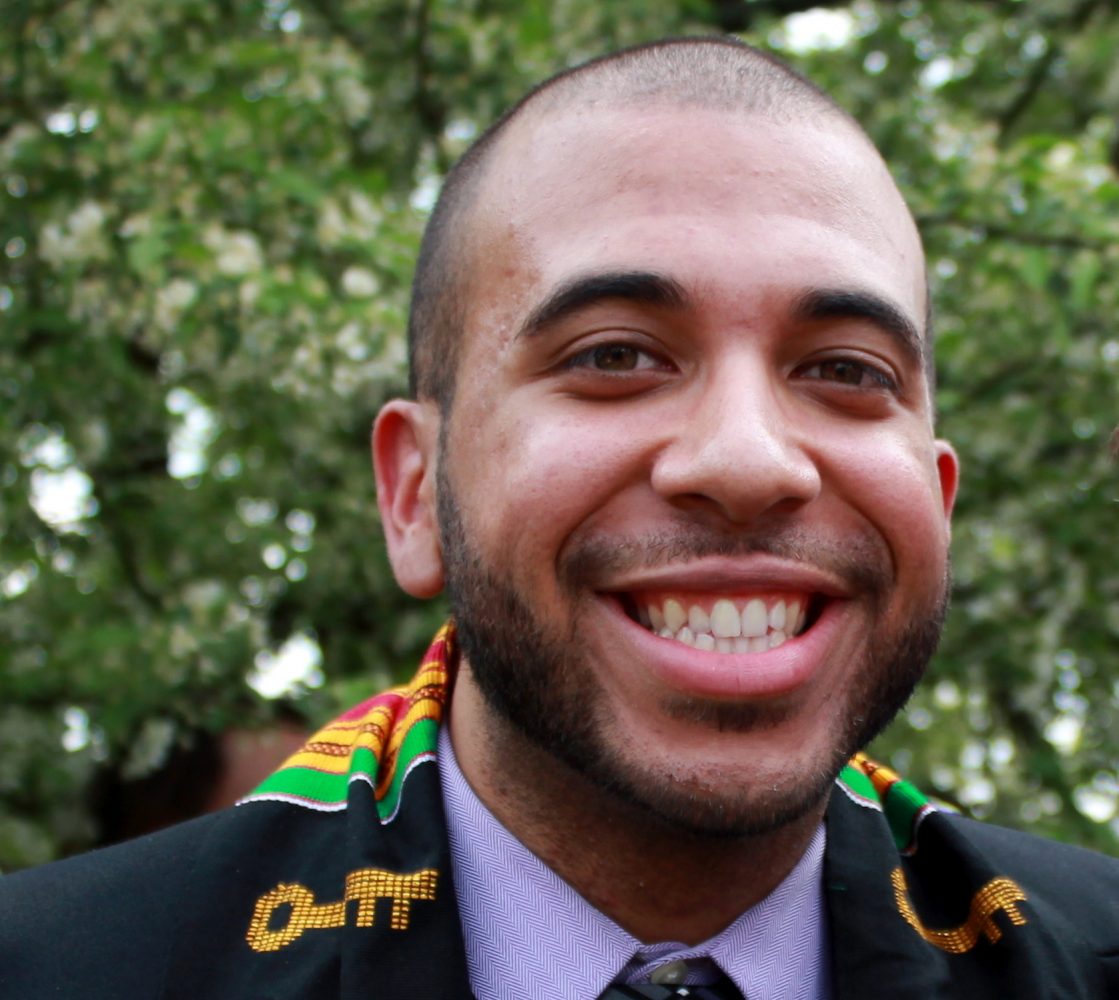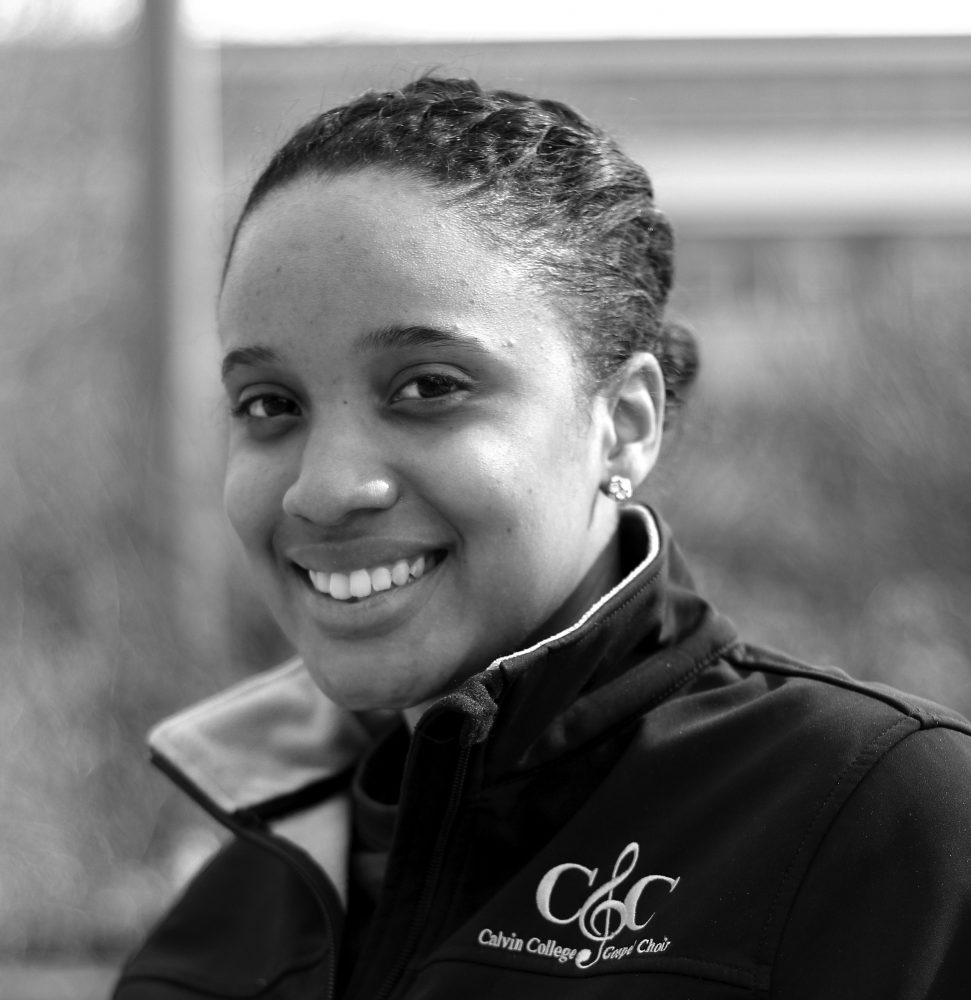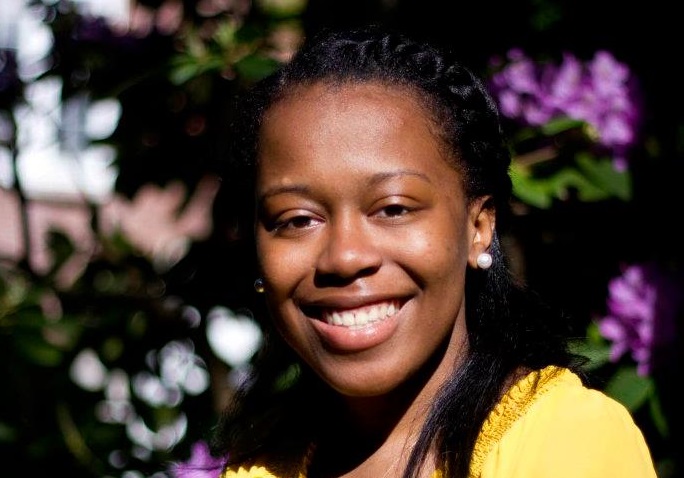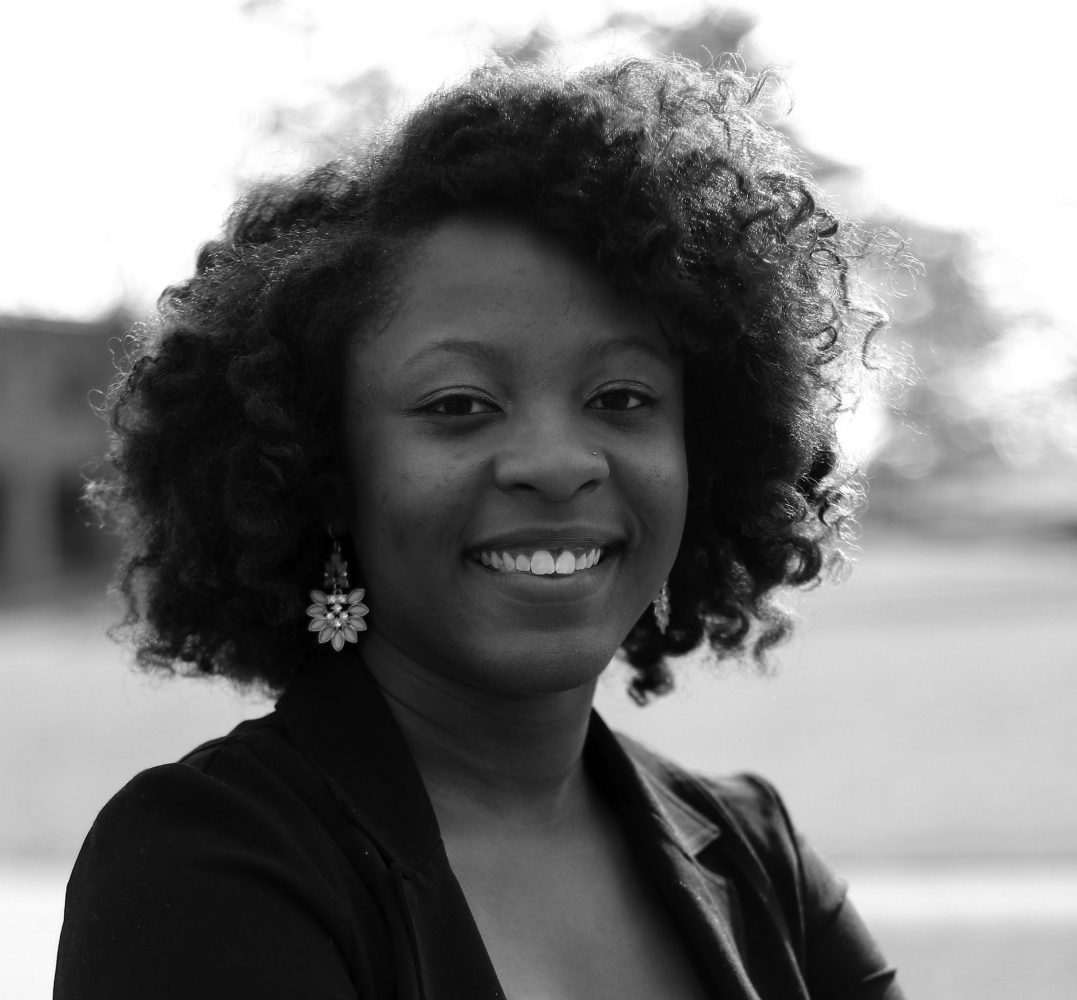This story is a part of a larger series. A description of the purpose of the series can be found here.
I was fortunate to have been hired by Calvin in 1992 and spent 15 years working in its vineyard. I was tremendously blessed to have come to a history department in a liberal arts college with world-class scholars.
However, like so many minority faculty members all over the country, I held two jobs. I was both a teacher and the director of academic multicultural programs.
When I arrived, I set out to do two things: build academic programs that challenged the intellectual moorings of the faculty to learn more about people who lived in Grand Rapids and from other parts of the world. Wittingly and unwittingly, white supremacy and missionary paternalism were the twin evils I sought to challenge on campus.
In terms of students, I sought to build the minority student population up by building its esteem, knowledge and skills. I listened to student concerns and took a posture that we had to build programs that nurtured them.
We accessed grants from the state of Michigan to hire a retention specialist in Student Academic Services and start the Mosaic floor. I set out to make the Entrada Scholars Program a stellar program by getting a grant from the Ford Foundation.
Finally, we sought to transform student life in every way. All students can blame me for putting a cross-cultural requirement in Calvin’s core requirements, which I thought was necessary for most Calvin students who were from parochial backgrounds and did not appreciate the beauty of all God’s people in a non-paternalistic way.
However, with all these accomplishments in addition to the first book, an award winning one, published on African-American history in Grand Rapids by the University of Illinois Press, I was denied the opportunity to be a full professor.
Truth be told, I was not a Calvin College product; I was too much the child of the civil rights movement and Black Power movements from New Orleans to the south side of Chicago.
I was politicized in ways most people who worked at Calvin never quite understood. My abilities to lead and think critically were never formed by the conservative dictates of the Christian schools, the college, the seminary or the Christian Reformed Church — I was outside its orb. I was an ethnically black outlier.
Ironically, I felt deeply hurt leaving the college because I made lifelong friends at Calvin and taught a superior set of undergraduates, who I remain proud of. Notwithstanding, I am grateful for all the opportunities that Calvin and I mutually gave to each other.
In closing, here’s what I wish to impart to Calvin’s minority students. Back in the day, I would tell all minority students to act as though you own the joint and take advantage of every possible opportunity the college makes available to you. Don’t type cast yourself because others are.
Build community with one another proudly. Be proud of where you came from and do not let anyone dis’ your hood or your set of experiences, intellectually or personally. Finally, it is not your responsibility to teach the college about your particularities, it is the college’s job to teach all students about the experiences of all kinds of people.
As always, I am
Randal Maurice Jelks



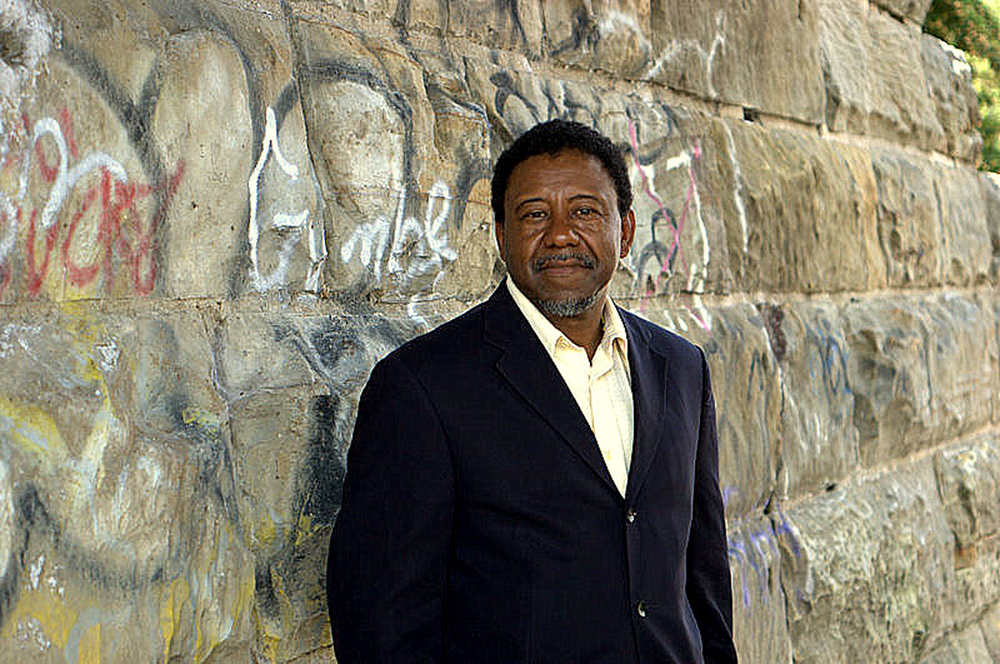
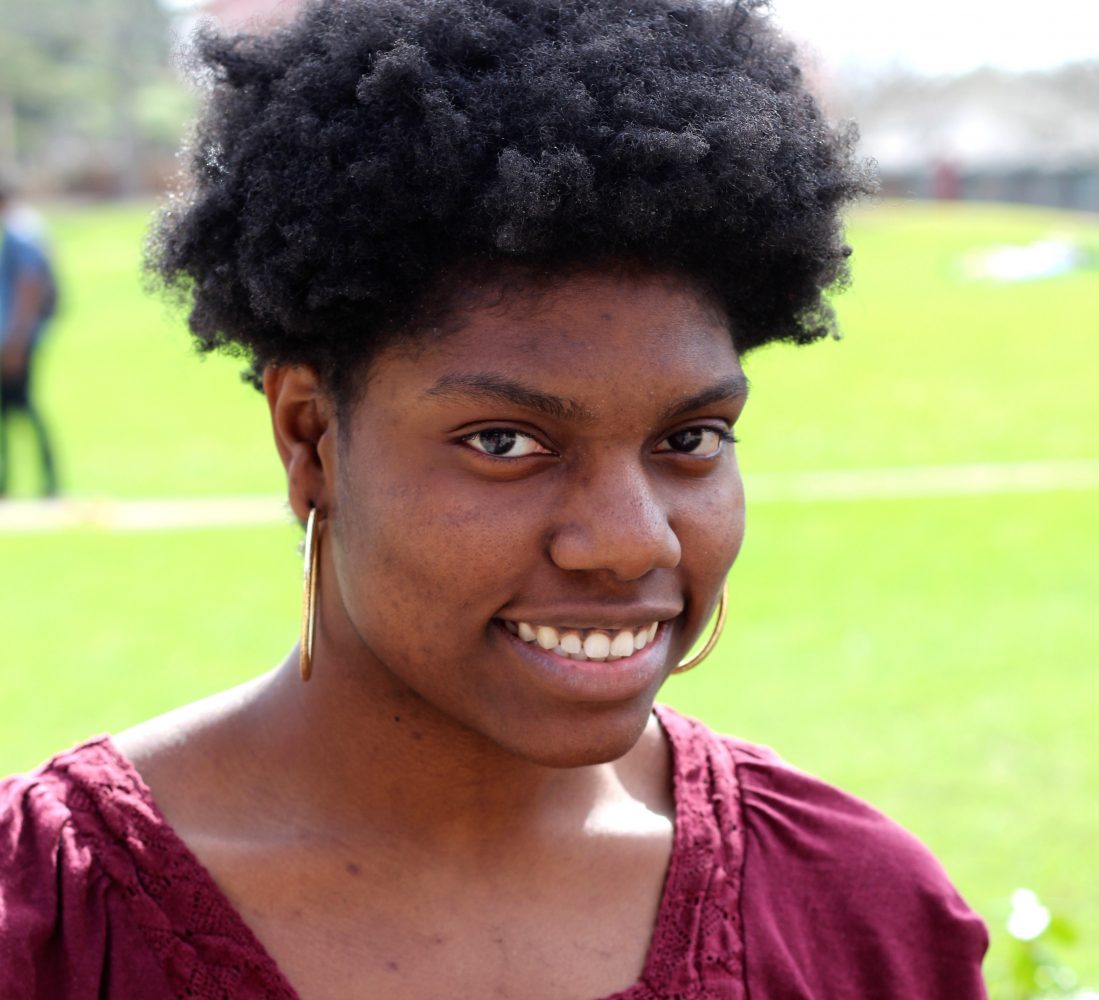
![Photo courtesy We are Calvin [too]](https://calvinchimes.org/wp-content/uploads/2014/04/we-are-calvin-too-1295x1000.jpg)
